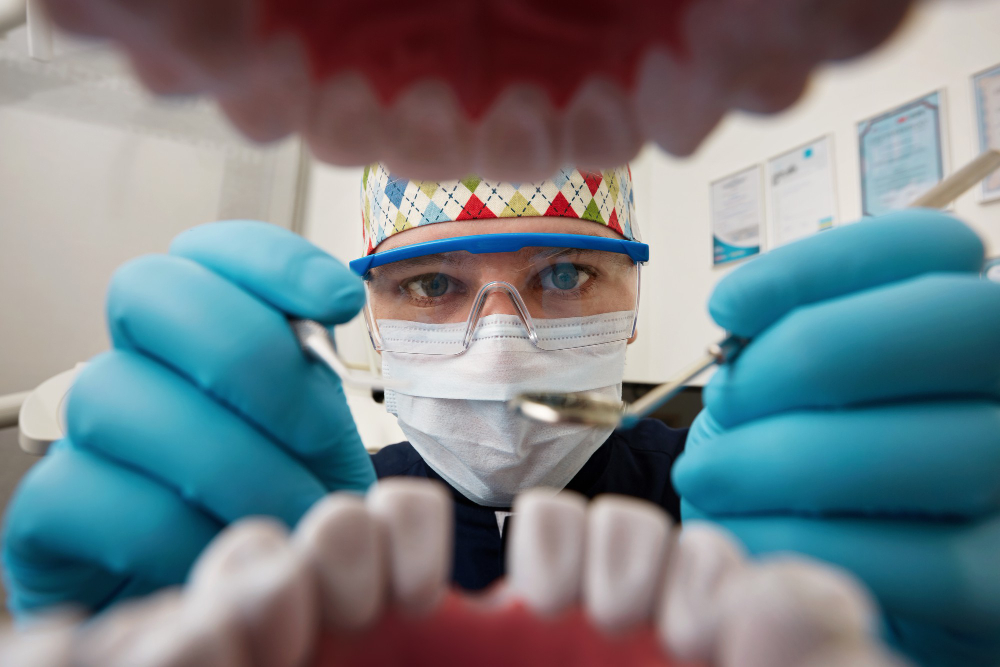
Oral and
dental health is an essential part of our overall well-being. Tooth loss can
cause both aesthetic and functional problems, impacting daily life and
self-confidence. Fortunately, dental implants offer a long-term,
effective solution. But what exactly are dental implants? Who can get them, and
what are their benefits?
What Are Dental Implants?
Dental
implants are artificial tooth roots made of titanium, surgically placed into
the jawbone to support a replacement tooth or bridge. Once healed, a
custom-made dental crown, typically made from porcelain or zirconia, is
attached to the implant, closely mimicking the look and function of natural
teeth.
What Are the Advantages of Dental Implants?
- Natural Look and Feel: Implants provide a highly
natural appearance and feel compared to other tooth replacement methods.
- Durability: With proper care, implants
can last a lifetime.
- Improved Chewing Function: Their stable structure allows
you to chew comfortably, just like with natural teeth.
- Preservation of Adjacent Teeth: Unlike dental bridges,
implants do not require the alteration of neighboring teeth.
- Prevents Bone Loss: Dental implants stimulate the
jawbone, preventing the bone deterioration that often follows tooth loss.
Who Is a Good Candidate for Dental Implants?
Most
individuals in good general health with sufficient jawbone density are suitable
candidates for implants. However, certain conditions require careful
evaluation:
- People with severe bone loss
- Individuals with uncontrolled
diabetes
- Heavy smokers (as it may affect
healing)
- Patients under 18 (jawbone
growth must be complete)
How Long Does the Dental Implant Process Take?
The implant
process is personalized based on the patient’s needs but typically includes:
- Initial Consultation and
Planning
- Implant Placement Surgery
- Healing Period (usually 3–6 months for
osseointegration)
- Placement of the Final Crown or
Prosthesis
The entire
treatment usually spans several months.
Aftercare: What to Expect After Getting Dental
Implants
- Maintain excellent oral hygiene
- Attend regular dental check-ups
- Avoid hard foods and smoking,
especially during healing
- Be mindful of temperature
sensitivity in the first few days
